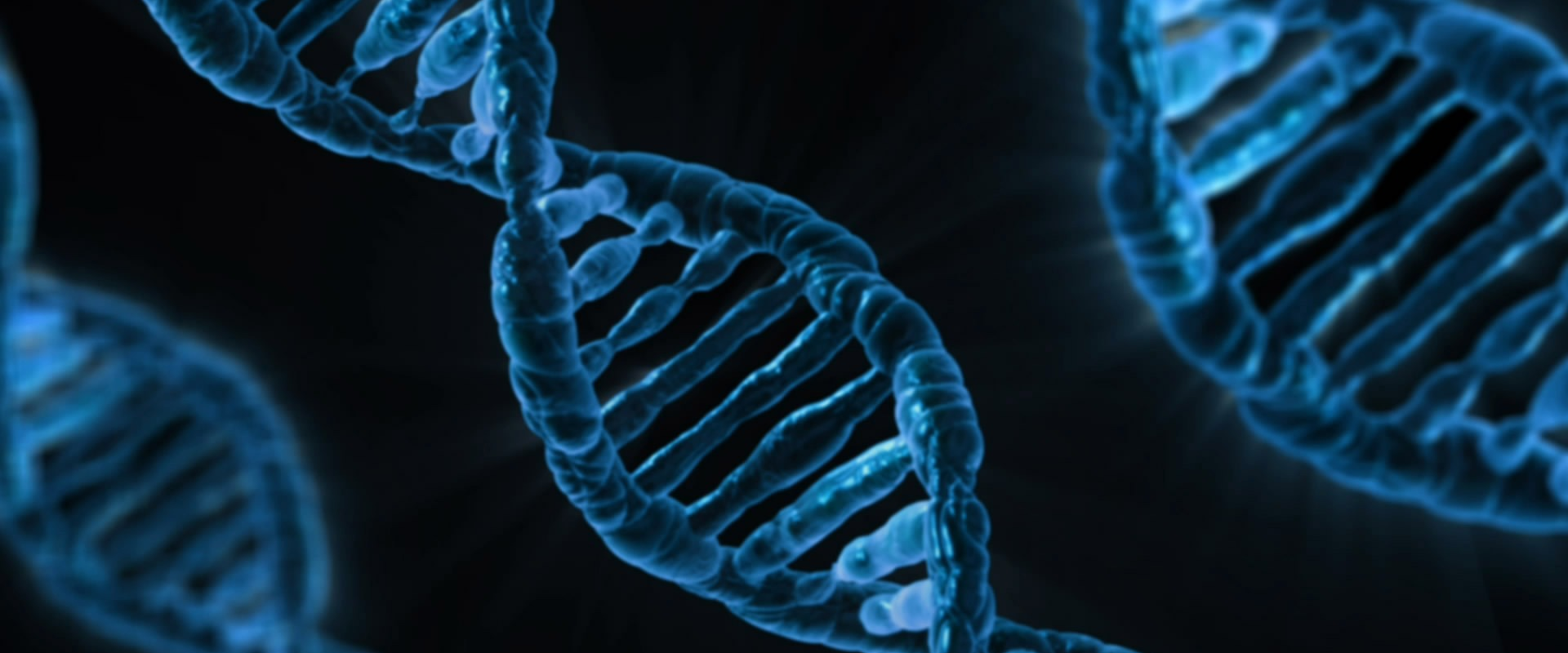
The Role of "Gatekeeper" MTCH2 in Controlling Obesity
Anthony Vella, Ph.D.
Department of Immunology, School of Medicine, UConn Health
Atan Gross, Ph.D.
Department of Biological Regulation, Weizmann Institute for Science, Rehovot
Project: Cells require energy to execute biological function and hematopoietic cells are no exception. This is especially true for immune cells combating cancer, infection or other environmental stimuli. An excellent example are tumor-specific T cells which must be fortified with different capabilities of generating energy to tolerate the depleting pool of glucose and hypoxic environment generated by tumors. In particular, tumor cell consumption of glucose reduces availability to activated T cells, but mechanisms to overcome these deficits are beginning to be uncovered. In this proposal the collaborative teams of Vella and Gross will investigate the role of a key outer mitochondrial membrane protein called mitochondrial carrier homolog 2 (MTCH2). MTCH2 is regarded as a gatekeeper for oxidative phosphorylation (OXPHOS) since its absence profoundly enhances OXPHOS resulting in increased energy consumption. Our overarching hypothesis is that MTCH2 controls the ability of anti-tumor specific T cells to attack tumors, but immune costimulation overcomes this process by uncoupling either expression of MTCH2 or its function. Although MTCH2 has been shown to control OXPHOS and its absence associated with increased metabolism or energy consumption, the interactome of MTCH2 remains unclear. Our 2nd hypothesis is that the absence of MTCH2 rearranges the mitochondrial proteome and will promote novel interactions that facilitate OXPHOS. This data will be clinically useful in the development of new ways to control obesity and hopefully unveil novel protein interactions that might be open to pharmaceutical targeting.